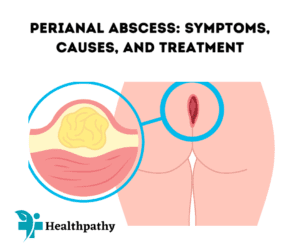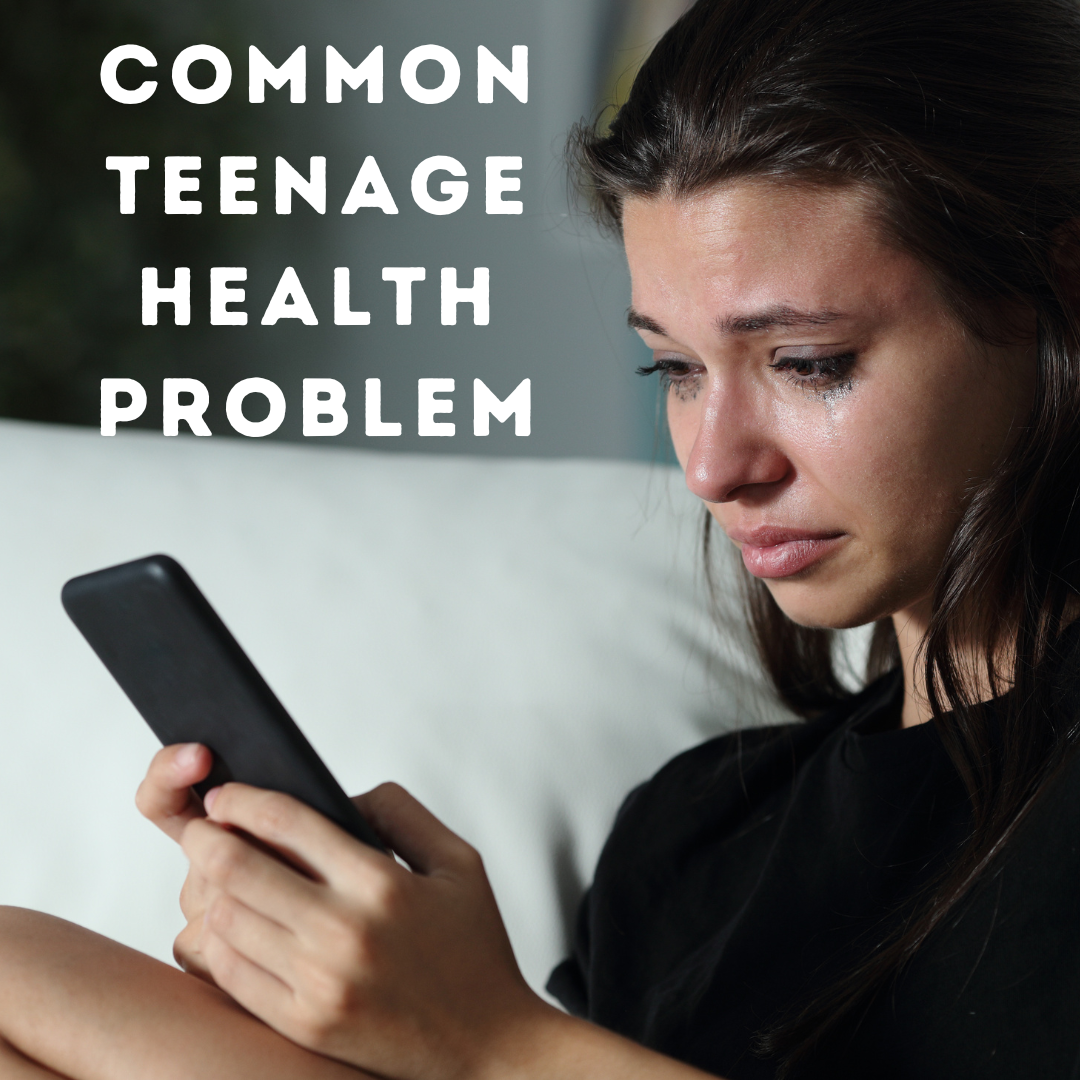Common teenage health problem
Teenagers undergo significant physical, emotional, and social changes during adolescence. While this period is often characterized by excitement and self-discovery, it can also bring about various health challenges. In this article, we will explore some common teenage health problem and their implications.

Acne:
Acne is a prevalent skin condition among teenagers, caused by the overproduction of oil and clogged hair follicles. It can lead to low self-esteem, anxiety, and depression due to its impact on appearance. Proper skincare and medical treatment can help manage acne effectively.
Obesity:
Unhealthy dietary habits and sedentary lifestyles have contributed to the rising rates of obesity in teenagers. Being overweight or obese can lead to various health issues such as diabetes, cardiovascular diseases, and joint problems. Encouraging regular exercise and balanced nutrition is crucial to combat obesity.
Eating Disorders:
Eating disorders like anorexia nervosa, bulimia nervosa, and binge eating disorder are prevalent among teenagers, particularly girls. These disorders often stem from distorted body image and emotional issues. Early detection and intervention through therapy and counseling are essential for recovery.
Mental Health Disorders:
Depression, anxiety, and other mental health disorders affect a significant number of teenagers. The pressure to excel academically, bullying, family issues, and hormonal changes can contribute to these problems. Raising awareness, reducing stigma, and providing accessible mental health support are vital in addressing these challenges.
Substance Abuse:
Teenagers may experiment with drugs and alcohol, seeking to cope with stress or fit in with peers. Substance abuse can lead to addiction, impaired cognitive function, accidents, and even death. Parental involvement and education about the risks are crucial in preventing substance abuse.
Sexual Health Issues:
Teenagers may face challenges related to sexual health, including sexually transmitted infections (STIs) and unintended pregnancies. Comprehensive sex education, access to contraceptives, and fostering open communication about sexuality can help reduce these issues.
Injuries:
Risk-taking behavior and lack of experience make teenagers prone to accidents and injuries, particularly during activities like sports or driving. Emphasizing safety measures and responsible behavior can reduce the likelihood of severe injuries.
Sleep Problems:
With busy schedules, academic pressure, and increased screen time, many teenagers suffer from sleep deprivation. Poor sleep can affect mood, concentration, and overall well-being. Encouraging healthy sleep habits is essential for their development.
Allergies and Asthma:
Allergies and asthma can significantly impact a teenager’s quality of life, restricting physical activities and causing discomfort. Identifying triggers and proper medical management is essential to control these conditions effectively.
Reproductive Health: Common teenage health problem
Apart from sexual health, teenagers need guidance on their reproductive health, including menstrual issues and reproductive system disorders. Access to accurate information and medical care can address concerns and alleviate anxiety.
Dental Health:
Dental problems like cavities and gum diseases can arise due to poor oral hygiene and dietary choices. Regular dental check-ups, proper brushing, and a healthy diet are essential for maintaining good oral health.
Chronic Conditions:
Some teenagers may face chronic health conditions like diabetes, asthma, or autoimmune diseases. Proper management, adherence to treatment plans, and emotional support are crucial to help them lead fulfilling lives.
In conclusion, teenagers experience a wide range of health challenges that can significantly impact their physical and emotional well-being. Early intervention, education, and open communication are vital to addressing these issues effectively. Encouraging healthy habits, providing support, and fostering a positive environment will enable teenagers to navigate these health challenges and thrive during their adolescent years and beyond.
More to read:








